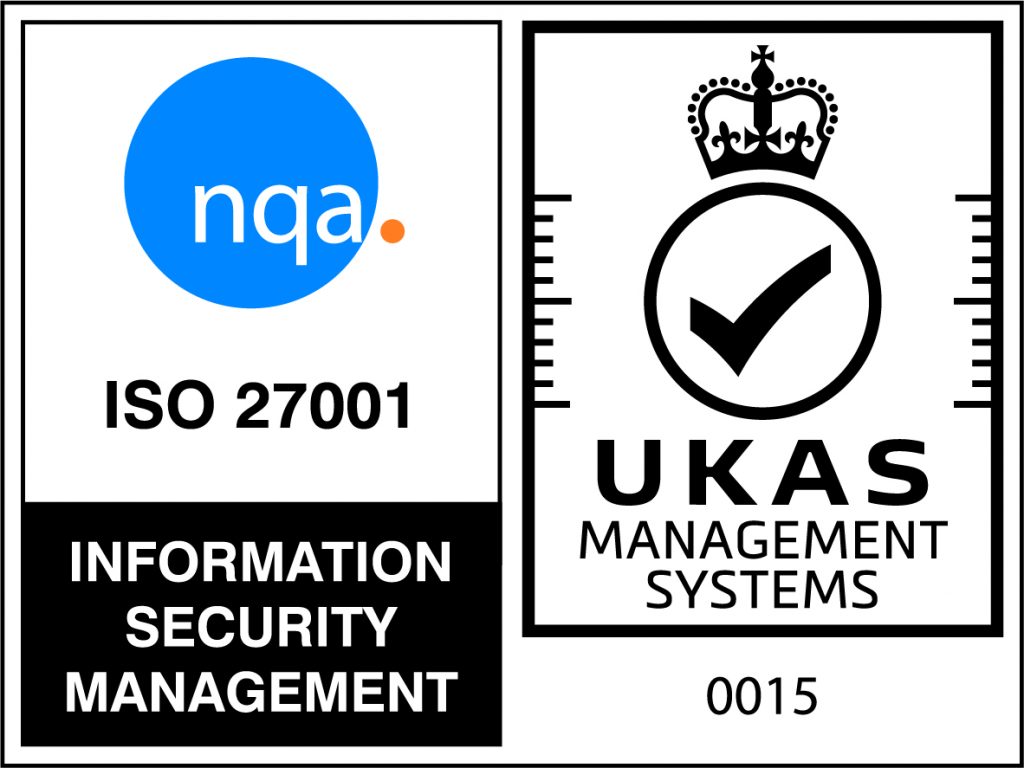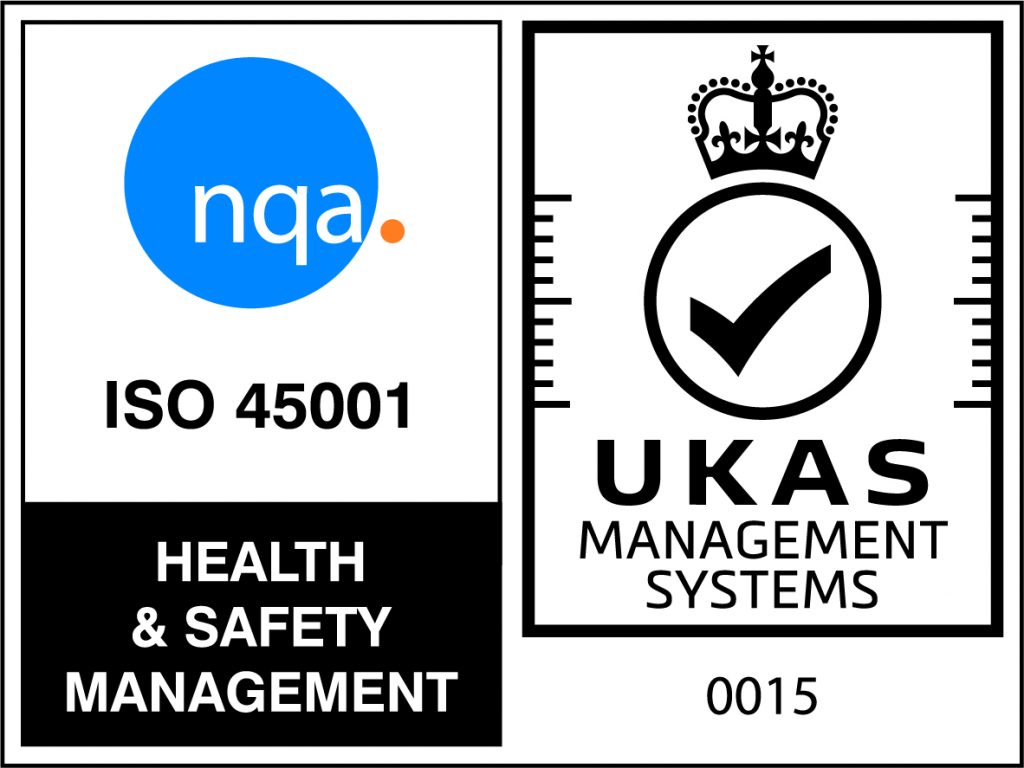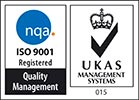This week Microlink is supporting Anti-Bullying Week 2023, coordinated by the Anti-Bullying Alliance in England, Wales and Northern Ireland. This year’s theme is ‘Make A Noise About Bullying’. As part of the work we do with young people in education and beyond, Microlink Education is wholeheartedly committed to drawing attention to the problem of bullying. Like the Anti-Bullying Alliance, we are driven to build a future in which our children can learn and grow without facing the torments of bullying in school, online, at home or elsewhere.
As you will know if you have been following our social media accounts, one of the key initiatives we run at Microlink Education is our Raising Attainment with Wellbeing (RAW) programme. Run in collaboration with Teaching Times, the central purpose of the RAW programme is to:
‘Create an inclusive learning environment that supports and nurtures the highest possible levels of emotional wellbeing, accelerating progress and securing better personal outcomes.’
Developing inclusive learning environments in schools — where wellbeing is fostered, where difference is celebrated, and where students can flourish — is underpinned by sound relationships. Sound relationships in the classroom reduce the incidence and impact of bullying. Here are five tips from our RAW programme which encourage prosocial behaviour and sound relationships, which in turn help to minimise the problem of bullying:
- A critical step is to develop the climate and culture based around mutual understanding, tolerance and respect: value every child/young person (even the hardest to reach), and encourage all children and young people to value each other, even when the peer pressure of adolescence kicks in.
- Another simple tool is to celebrate diversity and difference.
- A teacher can develop their pedagogy (as well as their own attitudes and values) so that their “universal offer” (in terms of minute-by-minute interactions) with children and young people supports a wide range of special education needs.
- The climate and culture of a learning community can be transformed so that every young person feels free from the impact of bullying behaviours. Build positive relationships. Open pathways of two-way communication.
- Finally, that off-task and disruptive behaviour is reduced without the need to threaten punishment or deploy whole class or individual sanctions. Yes, this is possible, using positive behaviour management techniques.
To finish this post, everyone at Microlink would once again like to reiterate our support for the Anti-Bullying Alliance, on the occasion of Anti-Bullying Week. However, we also wish to recognise others, such as Bob Basley, whose Anti-Bullying Quality Mark programme is vital for its recognition of schools making big strides in the fight against bullying. In addition to awareness, action is key to meet the challenge of erasing bullying; that action must be one part of a holistic support for the wellbeing of all young people.

 Back to News
Back to News

















